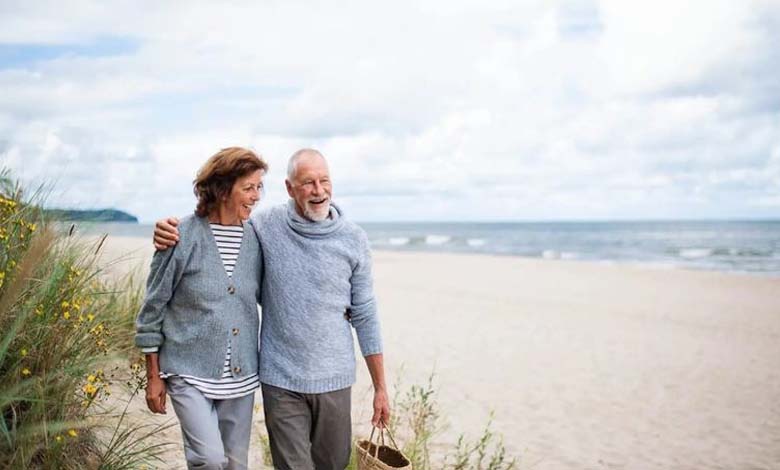Reasons Why Elderly People Act Like Children

Elderly people often face challenges related to the loss of mental abilities, which sometimes leads them to behave in ways similar to that of children.
-
“Sun Vitamin”: How to Get Enough Without Harming Your Body?
-
4 Foods That Boost Vitamin D Production in the Body
This phenomenon is called “age-related regression,” where the mental state of the elderly declines to resemble that of childhood, due to “psychological” reasons or “mental illnesses.”
According to Steller Care, a website focused on elderly health, here are the reasons that might cause an elderly person to behave like a child:
Dementia or Alzheimer‘s Disease
Dementia or Alzheimer‘s disease can lead to a deterioration of mental abilities, causing elderly people to act childishly due to memory loss and difficulty in understanding the world around them.
Feeling of Loneliness
Elderly individuals may feel lonely or isolated, which could drive them to seek attention by any means possible, including childish behaviors that express their need for care and attention.
-
5 Dietary Alternatives to Detoxify During Pregnancy
-
Early Symptoms Indicating Mental Health Issues in the Elderly
Nostalgia for the Past
Some individuals may revisit childhood memories, living them again as a means of escaping the present or due to the comfort and safety associated with that period.
Mental Decline
As people age, a decline in mental and cognitive abilities may occur, affecting judgment and behavior, which might seem simpler or more childish.
-
Employee Sues Managers for Causing a Mental Illness
-
This is the “ideal” number of hours of sleep for each age group
Seeking Care and Attention
Elderly individuals might behave like children to attract the attention of others or to receive care and affection, especially if they feel neglected.
Changes in the Surrounding Environment
Any significant change in the life of an elderly person, such as moving to a care facility, can lead to feelings of insecurity, which may result in childish behaviors as a way of coping.












